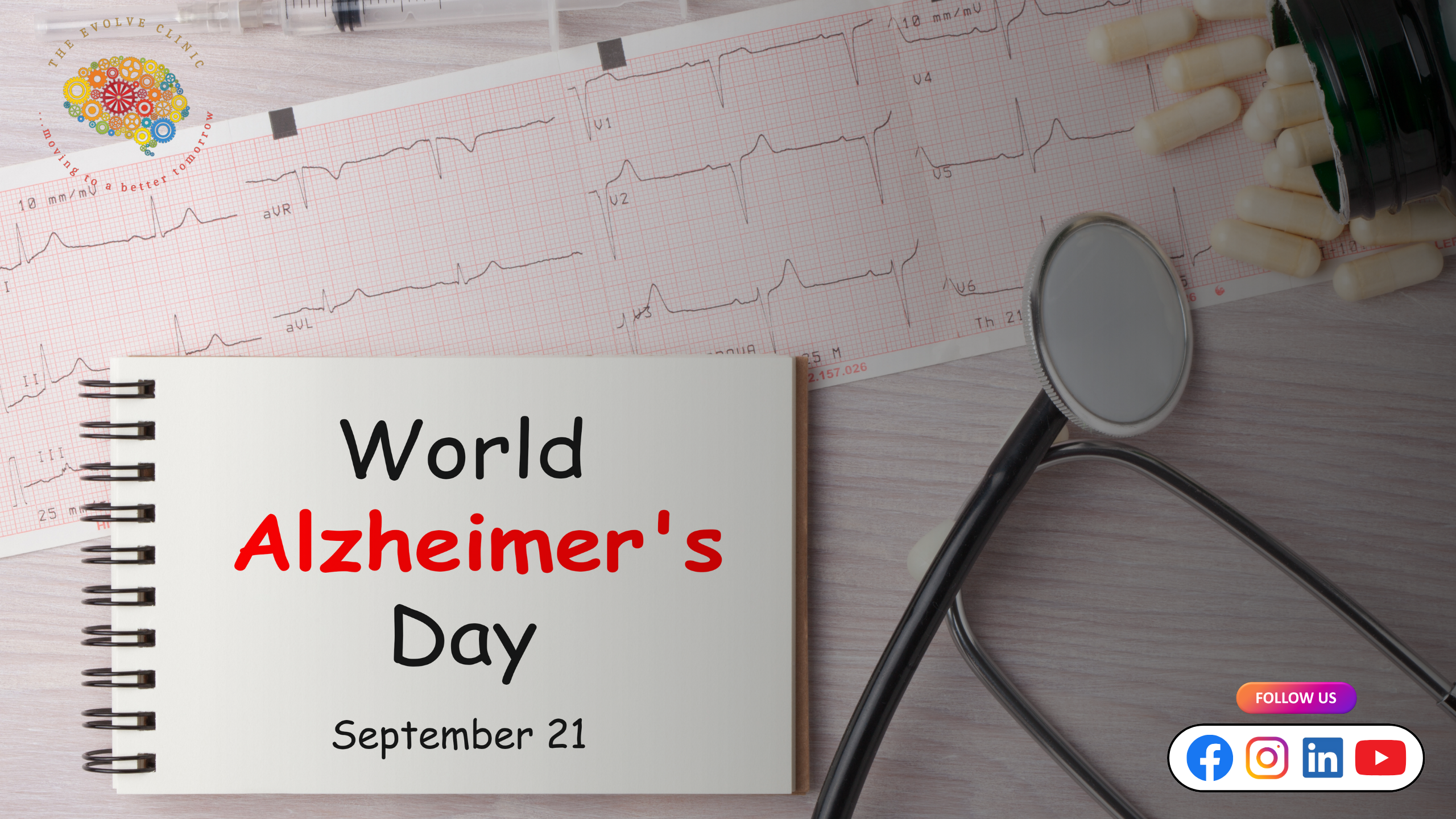
World Alzheimer's Day: Understanding the Signs and Symptoms
World Alzheimer's Day, is a global effort to raise awareness and challenge the stigma surrounding Alzheimer's disease and other dementias. As we observe this day, it's essential to understand the signs and symptoms of Alzheimer's disease, which affects millions of people worldwide.
What is Alzheimer's Disease?
Alzheimer's disease is a progressive brain disorder that affects memory, thinking, and behavior. It's the most common cause of dementia, accounting for 60-80% of dementia cases. Alzheimer's disease is not a normal part of aging, and it's essential to recognize the signs and symptoms to provide early detection and treatment.
Early Signs and Symptoms of Alzheimer's Disease
The early signs and symptoms of Alzheimer's disease can be subtle and may develop gradually over time. Some common early signs and symptoms include:
- 1. Memory Loss: Forgetting recently learned information, important dates, or events, and repeatedly asking for the same information.
- 2. Communication and Language: Difficulty finding the right words, following or joining a conversation, and understanding written or spoken language.
- 3. Problem-Solving: Trouble with abstract thinking, making decisions, and judging time and space.
- 4. Mood Changes: Becoming easily agitated, anxious, or depressed, and showing rapid mood swings.
- 5. Personality Changes: Becoming passive, suspicious, or withdrawn, and showing a lack of interest in activities.
Middle-Stage Symptoms of Alzheimer's Disease
As Alzheimer's disease progresses, the symptoms become more pronounced and can include:
- 1. Disorientation: Difficulty understanding the time of day, the day of the week, or the season.
- 2. Difficulty with Daily Tasks: Trouble with bathing, dressing, and managing finances.
- 3. Wandering: Getting lost in familiar places, such as the neighborhood or home.
- 4. Repetition: Repeating the same questions, statements, or activities.
- 5. Agitation: Becoming easily agitated, aggressive, or restless.
Late-Stage Symptoms of Alzheimer's Disease
In the late stages of Alzheimer's disease, the symptoms can be severe and can include:
- 1. Loss of Speech: Difficulty speaking, reading, or writing.
- 2. Loss of Motor Skills: Trouble with walking, balance, and coordination.
- 3. Incontinence: Loss of bladder and bowel control.
- 4. Increased Risk of Infections: Increased risk of infections, such as pneumonia.
- 5. Malnutrition and Dehydration: Difficulty eating and drinking, leading to malnutrition and dehydration.
What to Do if You Notice These Signs and Symptoms
If you or a loved one is experiencing any of these signs and symptoms, it's essential to consult a healthcare professional for an accurate diagnosis and treatment plan. Early detection and treatment can help slow the progression of Alzheimer's disease and improve the quality of life for those affected.
Risk Factors for Alzheimer's Disease
While the exact causes of Alzheimer's disease are not fully understood, there are several risk factors that can increase the likelihood of developing the disease. Some common risk factors include:
- 1. Age: Increasing age is the greatest known risk factor for Alzheimer's disease.
- 2. Family History: A family history of Alzheimer's disease can increase the risk.
- 3. Genetics: Certain genetic mutations can increase the risk of Alzheimer's disease.
- 4. Lifestyle Factors: Poor diet, lack of exercise, and social isolation can increase the risk.
Prevention and Treatment Options
While there is no cure for Alzheimer's disease, there are several prevention and treatment options available. Some common prevention strategies include:
- 1. Healthy Diet: Eating a healthy, balanced diet rich in fruits, vegetables, and whole grains.
- 2. Regular Exercise: Engaging in regular physical activity, such as walking or swimming.
- 3. Social Engagement: Staying socially active and engaged with friends and family.
- 4. Cognitive Stimulation: Engaging in mentally stimulating activities, such as reading or puzzles.
Treatment options for Alzheimer's disease include:
- 1. Medications: Cholinesterase inhibitors and memantine can help manage symptoms.
- 2. Therapies: Cognitive therapy, behavioral therapy, and occupational therapy can help improve daily functioning.
- 3. Support Groups: Joining a support group can provide emotional support and connection with others affected by Alzheimer's disease.
Conclusion
World Alzheimer's Day is an opportunity to raise awareness and challenge the stigma surrounding Alzheimer's disease and other dementias. By understanding the signs and symptoms of Alzheimer's disease, we can provide early detection and treatment, improving the quality of life for those affected.
